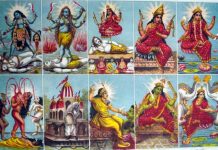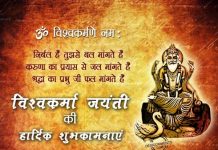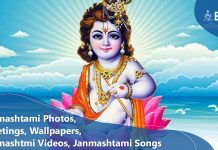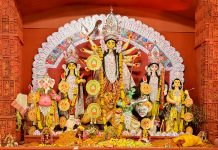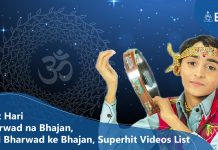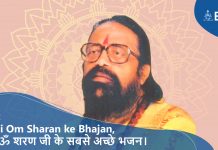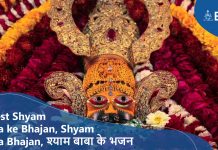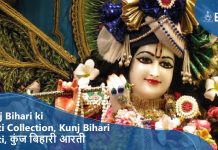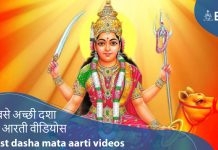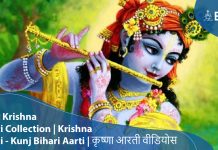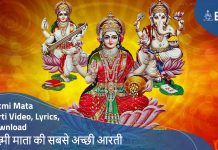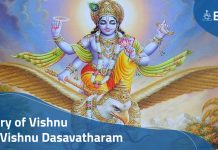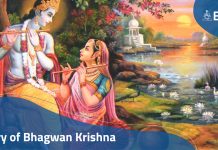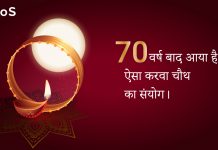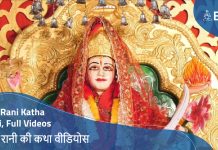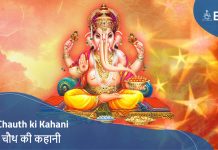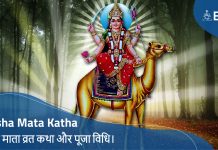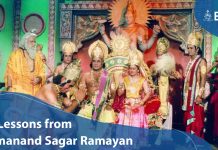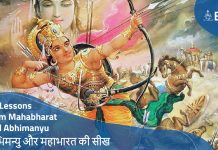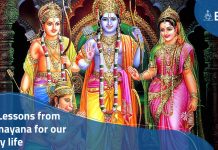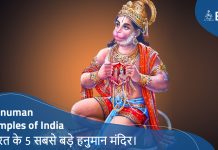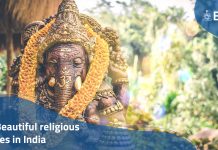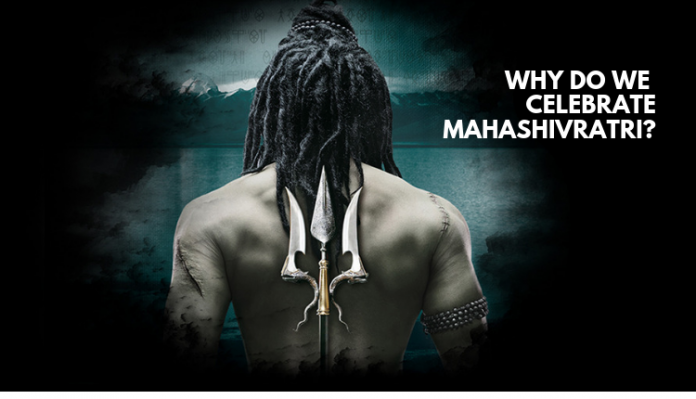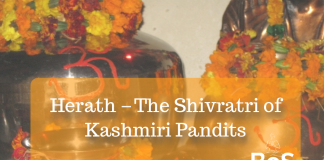Mahashivratri 2020: Mahashivratri is a major Hindu festival which is celebrated people across India and Nepal. Even people who follow Hinduism all across the globe celebrate this festival with huge galore. Mahashivratri is celebrated in the
Also Check:
- Shivratri 2020 Dates, Fast and Benefits
- Herath – The Shivratri of Kashmiris
- 6 Things you must know about Mahashivratri
- 3 Stories behind Celebration of Maha Shivratri
Why do we Celebrate Mahashivratri:
There is a slight difference between Mahashivratri and Shivratri. Shivratri occurs every month of the year during 13th or 14th which is also known as “Masik Shivratri”. But MahaShivratri occurs only once in a year which is widely celebrated as the Great night of Lord Shiva.
Maha Shivratri has a significant resemblance in Indian mythology. Unlike most of the Hindu festivals which are celebrated during the day time, Maha Shivratri is celebrated during the night. The festival symbolizes overcoming darkness and win of goodness over the evil. The festival is celebrated all throughout the world by signing praises and chants for Lord Shiva. All the temples and especially Shiva temples are decorated with flowers and leaves like Bel Patta. Devotees offer milk, sweets and holy water to the Shiv Linga. Devotees also apply sindoor, haldi, red and white flowers and pray to Shiv Linga for the betterment of their family. The festival is also celebrated by observing fasting throughout the day among all the Shiva followers. A major part of the celebrations also includes “Jaagaran” which is actually staying awake all night and signing chants and songs in the praise of Lord Shiva.
When it comes to reasons why do we celebrate Shivratri, then the reasons are multiple. It is widely believed that Shivratri is the night when Lord Shiva married Goddess Parvati and thus the night is celebrated among all the Shiva followers. Lord Shiva is considered as an ideal husband in Hindu mythology and thus most of the unmarried women fast on Mahashivratri so that they could also be blessed with a husband like Lord Shiva. And many married women also worship and fast on Mahashivratri to seek Mahadev’s blessings for the long life of their husband and the well being of their family. Shivbaarat is also seen in the evening which is actually a possession by Shiva followers. This is very similar to the baraat which a bridegroom takes all his relatives and friends to the bride’s place to marry her and then bring her home. The devotees keep on shouting “Har Har Mahadev” and “Bum Bum Bole” all throughout the way.
Lord Shiva consumed the entire poison which emerged from the ocean during Samudra Manthan in order to save the world from destruction. After consuming the poison, Lord Shiva started the Tandava dance. Many people believe that this Tandava dance was performed by Lord Shiva during the night and this is a major reason why people stay awake all night and sing songs to Mahadev.
Many people also associate this night with the dance of Lord Shiva which is also known as Tandava dance. This dance has great relevance in Hindu mythology. The dance is an ultimate symbol of creation, preservation and finally destruction. It is very similar to the life cycle of a human being and the dance symbolizes that everything in this world is perishable.
As per another legend, a hunter was waiting for his hunt in the middle of a forest. The hunter was extremely hungry and thus he started throwing wood apple leaves on the ground in order to attract deer. He never knew that there was a Shiv Lingam below the ground at the same spot. And Lord Shiva was extremely happy with his dedication and patience and thus Mahadev appeared in front of the hunter and blessed him with wisdom. And it is said that the hunter never consumed meat after that.
Another popular story behind this auspicious day is that the earth was facing danger and was on the verge of destruction. Goddess Parvati rushed to Lord Shiva to save the world and Lord Shiva was pleased wither request and prayers and thus came forward to save the world. From that day onwards, the night was celebrated at Maha Shivratri and people began to worship and respect Lord Shiva with huge dedication.
Some Shiva devotees also believe that when Goddess Parvati asked Lord Shiva that which was his favorite day then he replied Maha Shivratri.
Maha Shivratri is celebrated in different parts of the country. In Kashmir, the festivities extend to a month-long celebration which is known as Herath.
In Tamil Nadu, the festival is celebrated in Tiruvannamalai district which has a huge Annamalai temple. On this day, Girivalam or Giri Pradakshina which is actually a 14 Kilometre barefoot walk to Lord Shiva’s temple which is located at the top of the hill. During sunset, a huge lamp of oil and camphor is lit at the hilltop.
At Varanasi and Somanatha, major celebrations are also observed in the form of huge aartis and shiv melas all throughout the city.
Another major celebrations, also take place in Ujjain which is said to be the birthplace of Lord Shiva. Mahakaleshwar temple is one of the most prominent Shiva temples in the area.
In Punjab, Shoba Yatras are organized by various Hindu organizations and Shiv Ratri is also a major festival among Punjabis as well.
In Gujarat, Maha Shivratri mela is held in Junagadh by taking a bath at Damodar Kunda. It is believed that even Lord Shiva also took a bath at Damodar Kunda.
Maha Shivratri is observed as a national Holiday in Nepal which is another major Hindu country. Here thousands of devotees visit Pashupatinath temple and seek blessings of the divine master.
Maha Shivratri is one of the most auspicious and widely celebrated and rejoiced days in Hindu calendar. The day is celebrated among people and gender of all age groups. Let us know how you are celebrating Maha Shivratri this year in the comments down below. We would love to hear back from you.

